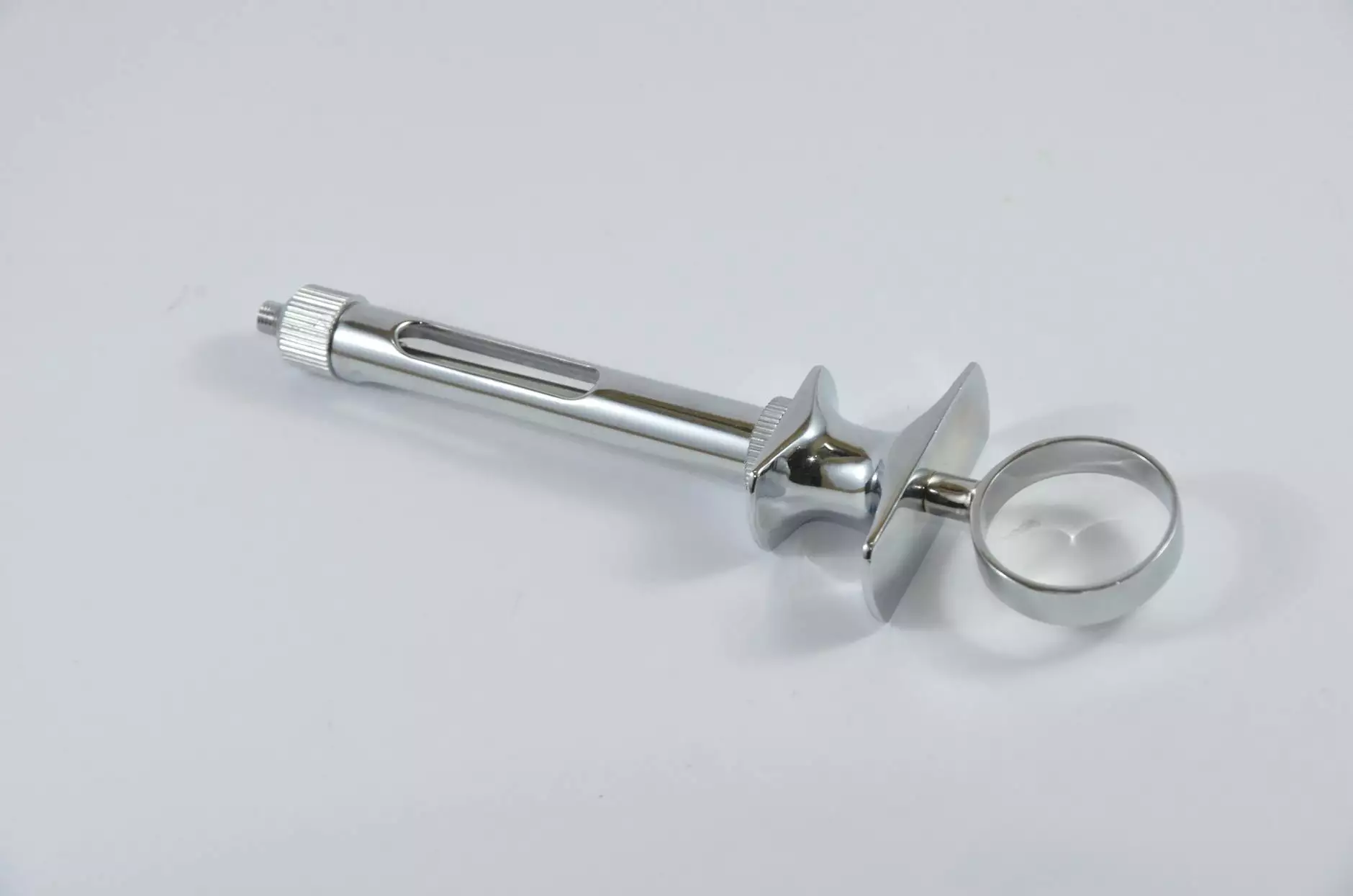The Role of Plastic Surgeons’ Instruments for Surgery

In the realm of medical practices, plastic surgery stands out as a vital field that caters to individuals seeking aesthetic enhancement and reconstructive procedures. The success and precision of plastic surgery heavily rely on the instruments used by plastic surgeons. These specialized tools play a crucial role in delivering exceptional outcomes and ensuring patient safety.
The Significance of High-Quality Instruments
Plastic surgeons utilize a diverse array of instruments specifically designed for various procedures, ranging from delicate facial surgeries to intricate body reconstructions. The quality of these instruments is paramount, as they directly impact the surgeon's ability to perform with accuracy and efficiency.
Advanced Technological Innovations
With the rapid advancements in medical technology, plastic surgeons' instruments have evolved significantly to meet the demands of modern surgical practices. From precision scalpels to advanced imaging devices, these tools are constantly upgraded to enhance surgical outcomes and patient satisfaction.
Key Instruments in Plastic Surgery
- Scalpel: A fundamental tool used for making precise incisions during surgeries.
- Forceps: Essential for grasping and holding tissues during intricate procedures.
- Sutures: Used for closing wounds and ensuring proper healing post-surgery.
- Laser Tools: Employed for precise tissue cutting and coagulation.
- Microsurgical Instruments: Vital for performing minute surgeries with utmost precision.
Ensuring Surgical Precision
Plastic surgeons rely on their instruments not only for executing procedures but also for ensuring unparalleled precision. These specialized tools enable surgeons to sculpt and refine tissues with meticulous accuracy, resulting in aesthetically pleasing and natural-looking outcomes for patients.
Quality Assurance and Patient Safety
Investing in high-quality plastic surgeons' instruments is not just about achieving surgical excellence but also about prioritizing patient safety. Well-maintained and sterilized instruments reduce the risk of infections and complications, safeguarding the well-being of individuals undergoing plastic surgery procedures.
Conclusion
In conclusion, the role of plastic surgeons' instruments in surgery cannot be overstated. These specialized tools serve as the backbone of successful plastic surgery practices, influencing both surgical precision and patient outcomes. By embracing technological innovations and upholding the highest standards of quality, plastic surgeons continue to redefine the boundaries of aesthetic and reconstructive surgery.
plastic surgeons instrument for surgery








